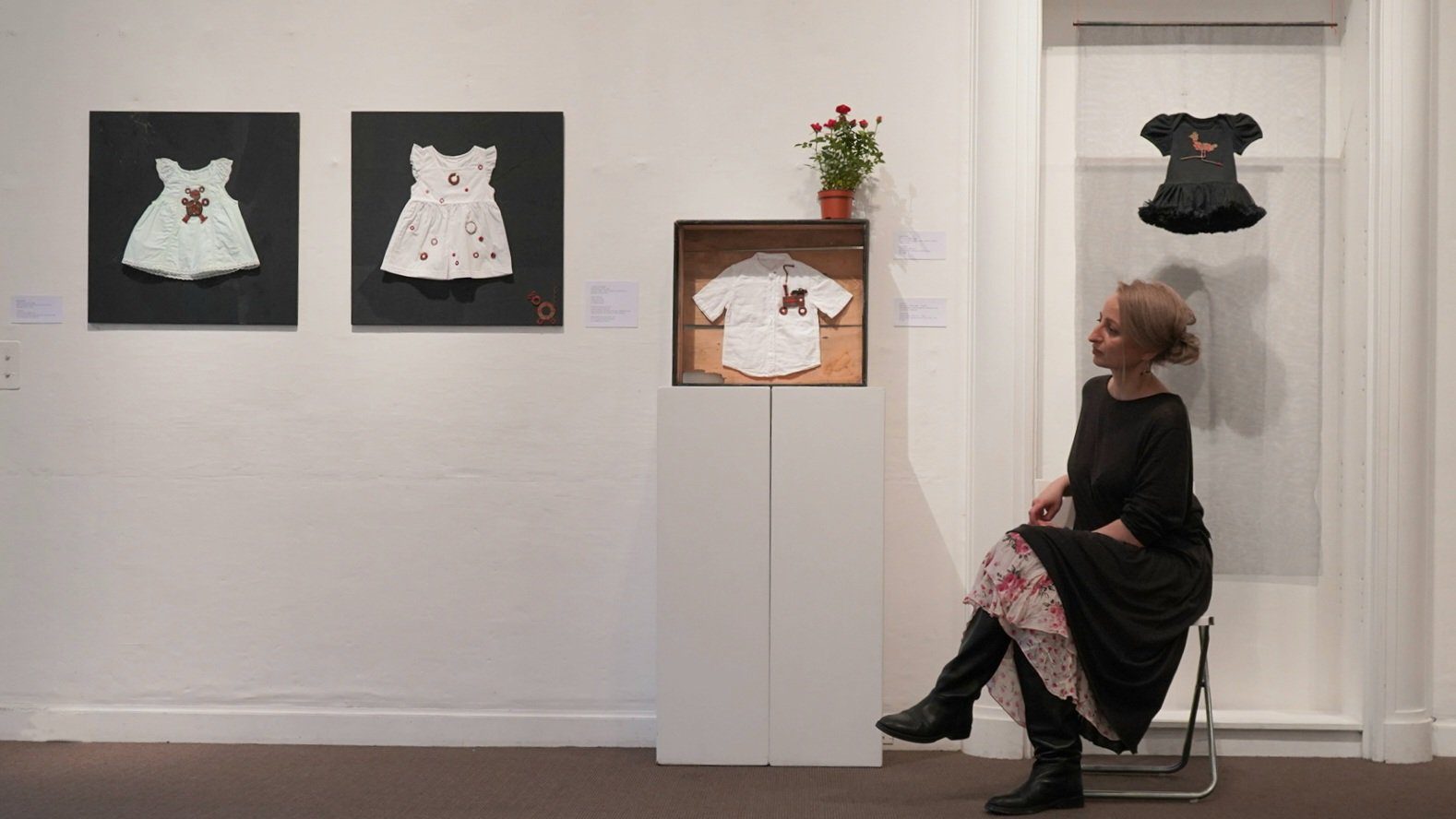This post is also available in: Bosnian
The president of the International Criminal Tribunal for former Yugoslavia, ICTY, says if the courts two outstanding fugitives, Ratko Mladic and Goran Hadzic, are not arrested by the end of the courts mandate, they will still be judged by the ICTY under the terms of the so-called legacy mechanism.
We hope Mladic and Hadzic will be arrested and brought to justice before the end of our mandate, and they will be assured a fair trial, he told BIRN/Justice Report.
If it does not happen, they will be tried under the legacy mechanism of The Tribunal, he added.
The Hague Tribunal is expected to complete its work no later than February 2014.
Mladic, former commander of the Bosnian Serb army, and Hadzic, former leader of the Croatian Serbs, have both been indicted before the court for graves crimes, in Bosnia and Croatia respectively. Despite international arrest warrants, both are still at large.
According to Robinson, besides Mladic and Hadzic, the biggest pressure on the work of the Tribunal is the widespread opinion that the courts so-called exit strategy is affecting the fairness of the trials currently ongoing.
Some critics argue that the Tribunals exit strategy in some way affects the fairness of the trials before this court. That is simply not true but that attitude is present in the public, and we are very concerned because of it, Robinson said.
Established as an ad hoc court, the UN Security Council endorsed the Tribunals completion strategy for a staggered and ordered closure. Estimates as of end 2009 suggest all trials should be completed by mid-2011, except for that of Radovan Karadzic, which is expected to finish in late 2012. All appellate work is scheduled for completion by mid-2013, and the appeal in the Karadzic case would be completed by February 2014.
Because of the exit strategy and the limited time remaining to the Tribunal, Robinson says they face another problem of reducing the number of staff, which must soon be addressed.
By the beginning of next year, we will lose 40 per cent of the staff . Currently, the main task of the Tribunal is to try to find ways to retain the best people, Robinson said.
Robinson referred approvingly to the work of the Court of Bosnia and Herzegovina to which the Tribunal has transferred several war-crime cases for further processing.The Court of BiH has proved excellent so far in its cooperation with The Hague Tribunal and is a bright example of judicial practice in the region, he said. The situation is good and the trials are fair, he added.
Of the ten cases that the Hague Tribunal has transferred to the Court of BiH for further processing, nine have been successfully completed, Robinson said.
The Sarajevo-based court has not yet completed the trial of Milorad Trbic, accused over the 1995 slaughter by the Bosnian Serb army of 7,000 Bosniaks in the eastern town of Srebrenica.
His case has recently been transferred to Bosnia by decision of the Tribunal. Under a first-instance verdict in October 2009, the Court of BiH sentenced him to 30 years jail. The case is now before the Appellate Chamber of the State Court in Sarajevo.
My personal view of international criminal justice is that it is residual it should take place only when national courts are unable or have no interest in judging people for international crimes, Robinson said.
In 2009 The Hague Tribunal published The Practice Manual to help the work of the Court of BiH, as well as other courts in the former Yugoslavia. The Manual contains measures to be used to successfully complete trials. The purpose of this manual is to provide work information for the people in the countries of former Yugoslavia, Robinson explained.
The Hague Tribunal, he adds, is now trying to correct previous mistakes in its work, and to translate the transcripts of previous trials into local languages.
It is a great pity that all the transcripts from the trials taking place before this Tribunal are in Engl


